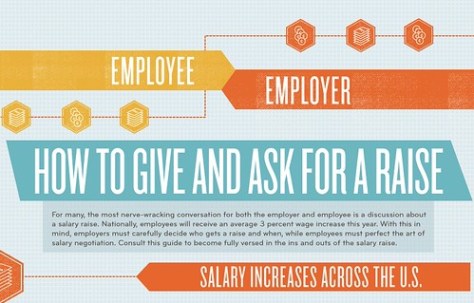It would be great to think that you would always have a harmonious relationship with your work colleagues, but the reality is that relationships can sometimes run into trouble. This probably shouldn’t come as a great surprise, given the circumstances involved.
Unless you happen to be in a very lucky situation, it’s probable that you didn’t actually get to choose your work colleagues. It’s rather more likely that you were forced together and that there was an expectation that you would be productive.
New members of staff
When interviewers are looking at hiring new members of staff, they will frequently consider the work experience of an individual and will be looking to assess their abilities. It’s often more difficult, however, to identify whether someone will really fit in.
In part, that’s because each business will have its own ethos and working environment. It’s not correct to assume that it will be easy for everyone to adapt to the unique demands that are associated with a situation.
But conflicts don’t only occur when someone new joins the organization. In fact, it’s often the case that a level of stress, created by the pressures of working life, can cause a conflict to emerge. When we are under pressure, we may act in haste. We may so, or do, things that we later come to regret.
Remaining calm
Although it’s clear that the priority should be to keep calm and to avoid encountering such issues, it’s also true to say that it’s incredibly hard to avoid problems. What is critical is that you have a response that you can rely on.
In general terms, your aim should be to remain professional at all times. Although the issue that you have with another individual may make life uncomfortable and you may feel that the other person is acting unreasonably, it’s vitally important that you should avoid responding in a similar manner. That’s only likely to make things worse and it probably won’t be very positive to your career prospects.
Instead, you need to think about how you can handle the situation. It may be that a frank discussion with the other individual is all that’s required, but that may not be appropriate. You’ll need to judge whether that’s likely to make things better, or whether it may simply inflame the situation. You very clearly don’t want to make things worse.
A more realistic approach may involve reporting the situation to a senior manager. In this case, you need to be careful that you provide all of the facts and that you take a fully objective approach. It can be tempting to paint a picture of the behaviour of the other person that is intended to show them in a bad light. It’s usually best to avoid such a temptation.
Instead, explain the problems that you are having and how they are having an impact on the smooth operation of the business. This should ensure that your manager views the situation with the sort of importance that it clearly deserves.
About the author
Keith Barrett writes about workplace mediation and dealing with difficult situations. He believes that most issues can be resolved in a manner that is appropriate for all concerned.






